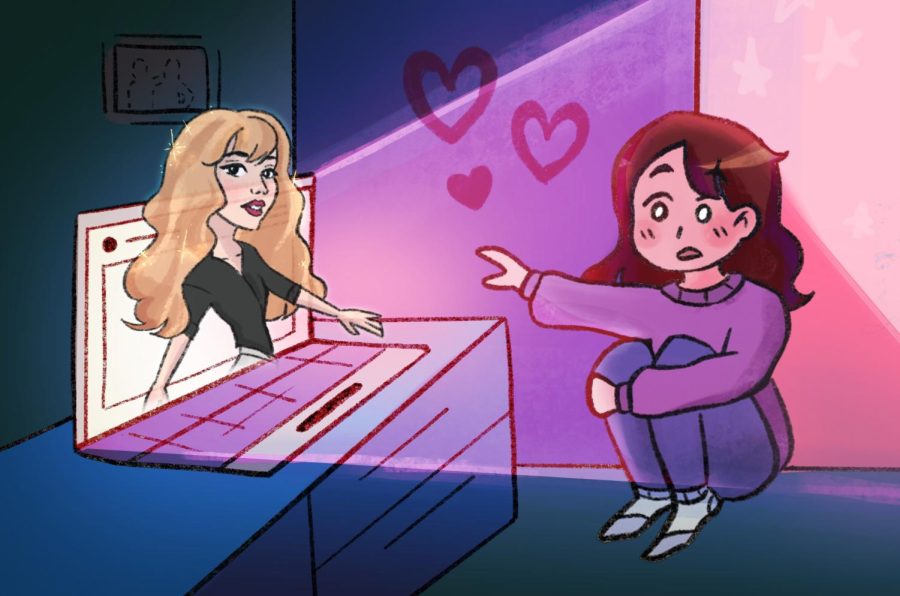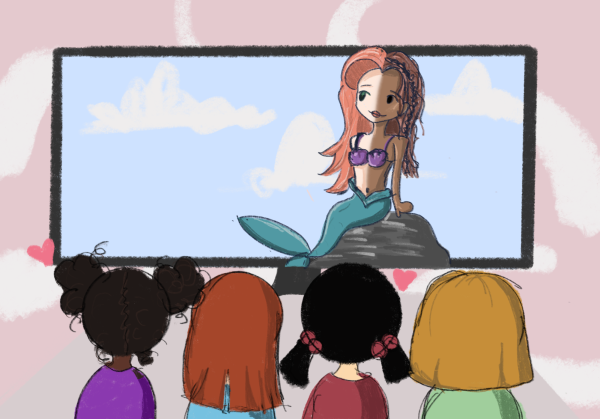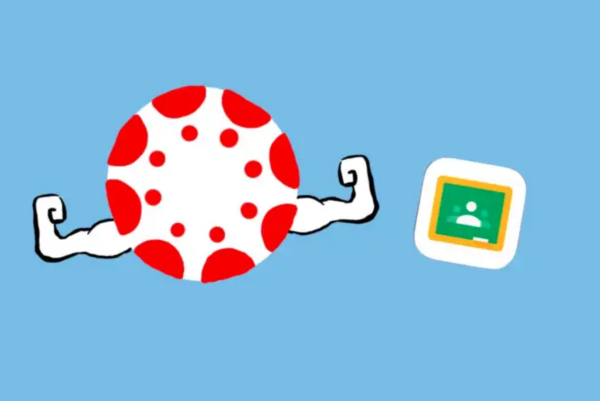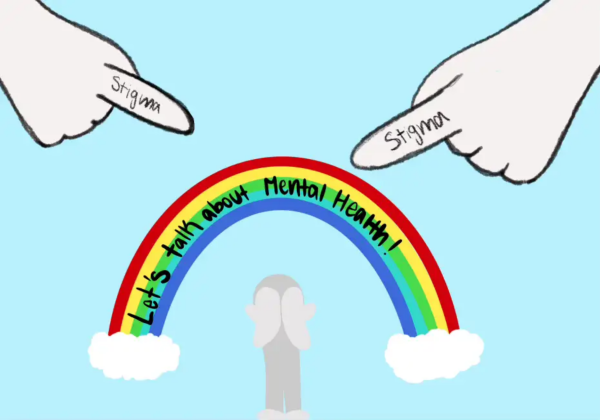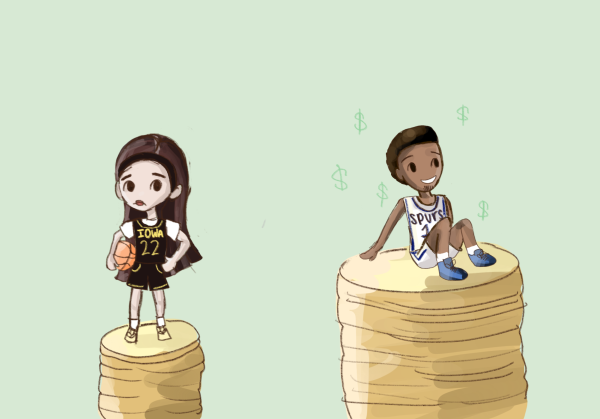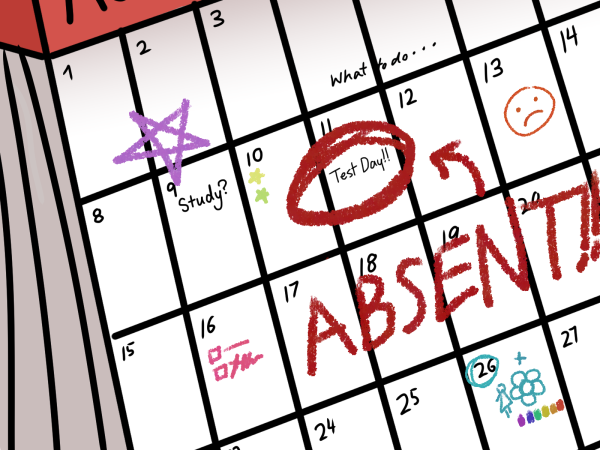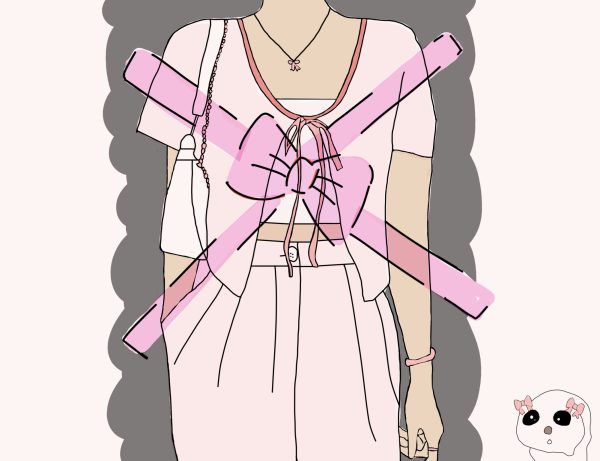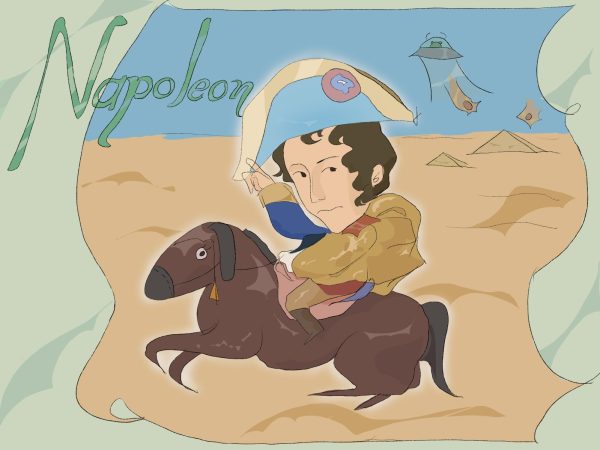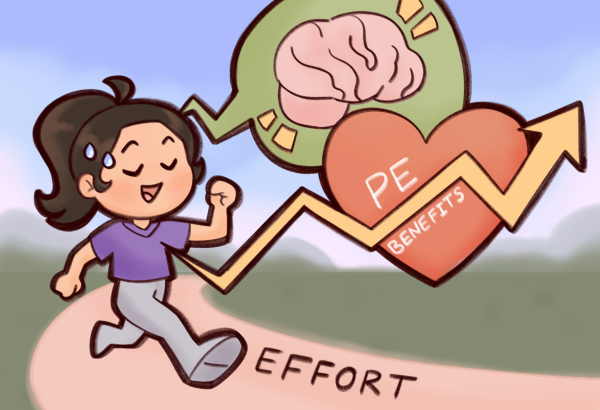When the Connection Turns Dark, Viewers Turn on Their Phones: The Dangers of Parasocial Relationships
Parasocial relationships become unhealthy when viewers start prioritizing their favorite celebrity over real-life interaction. In extreme cases, parasocial relationships can be traumatic for the viewer as well as the celebrity because it can lead to attacks on personal character, threats and stalking behaviors, according to “13 Fanning the Flames of Fandom: Celebrity Worship, Parasocial Interaction, and Stalking.”
Everyone has a favorite YouTuber, actor or singer that they love to keep up with. Some extreme fans know their favorite color, their first kiss, the movies they cried over and even the name of their pet goldfish from 12 years ago.
The problem? That celebrity does not even know the fan exists.
Welcome to the world of parasocial relationships, a one-sided relationship in which a person invests time and emotional energy into intimately following the life of someone he or she does not have real-life connections to, according to the Medical News Today With the rise of the internet and social media, parasocial relationships are becoming increasingly common, according to Everyday Health. Now, everyone is able to learn about the latest celebrity drama the instant it surfaces.
Although parasocial relationships can be healthy in moderation, obsessing over celebrities and their private lives is harmful. Viewers must be aware that their feelings of connection are an illusion.
When limited, parasocial relationships can boost confidence and allow a person to develop a sense of identity, according to Everyday Health. These relationships can also become a safe space for people to expand social networks without having the fear of rejection that exists in real-life relationships, according to Find A Psychologist.
Celebrities serve as role models who can teach young viewers social skills in a risk-free environment, allowing them to comfortably engage with others.
At the same time, it is easy for people to be pulled into the highs and lows of their favorite celebrity, checking news articles and Instagram posts to keep up with their lives.
Take Taylor Swift’s recent breakup with Joe Alwyn. Fans left flowers on a street where Swift no longer lived.
Another example is the feud between Selena Gomez and Hailey Bieber, in which fans micro-analyzed the two celebrities’ every action. During the feud, fans went so far as to accuse Bieber of making fun of Gomez by using a specific song on an Instagram story.
For many, parasocial relationships can easily become unhealthy and all-consuming. When the viewer invests more time into the celebrity rather than pre-existing relationships, viewers are prevented from developing permanent bonds with family and friends, which can make them increasingly reliant on parasocial relationships, according to Medical News Today.
There is a difference between admiration and obsession. If a person prioritizes parasocial relationships over real connections, feels isolated from others, loses their opinions in favor of a celebrity’s perspective or engages in unhealthy behaviors copied from a public figure such as restrictive eating, the relationship becomes unsustainable, according to Everyday Health.
When fans invest excessive time into following a celebrity, they should take a break and step back from the situation. For many people, ending a parasocial relationship can feel like a real breakup. By reflecting on their emotions and seeking support from their real-life social networks, they can lessen their overdependence on the celebrity.
Your donation will support the student journalists of Portola High School. Your contribution will allow us to purchase equipment and cover our annual website hosting costs.
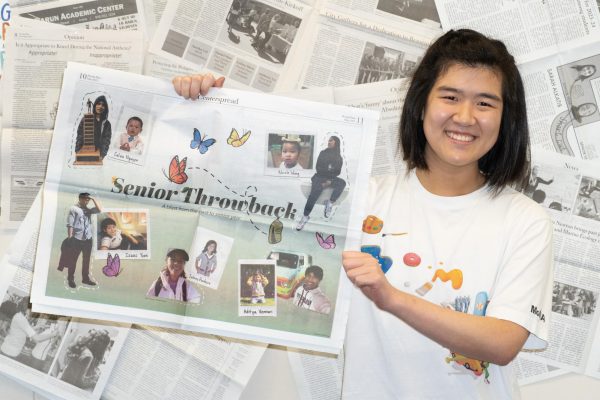
Mia Jong is the Centerspread Editor and Features Photo Editor for her second year on the Portola Pilot. She loves to create, whether it be with a paintbrush...
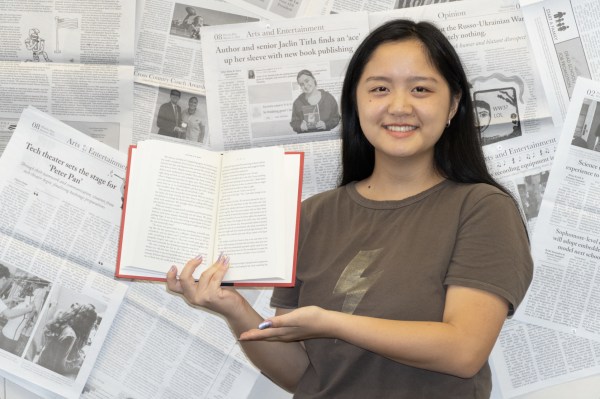
Sonia Wang is the Assistant Features Editor and also a Business Team member returning for her second year on the Portola Pilot. She is excited to edit...



